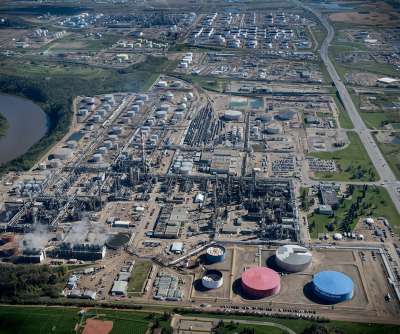Oil sands company Suncor Energy strengthens its focus on hydrogen and renewable fuels, divesting wind and solar
Green Car Congress
APRIL 6, 2022
Suncor Energy, a Canadian integrated energy company that is one of the top oil sands producers in the country, will strengthen its focus on hydrogen and renewable fuels to accelerate progress towards its objective to be a net-zero company by 2050. Suncor also plans to divest its wind and solar assets.









































Let's personalize your content